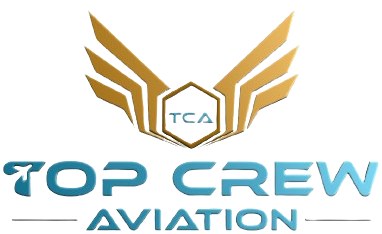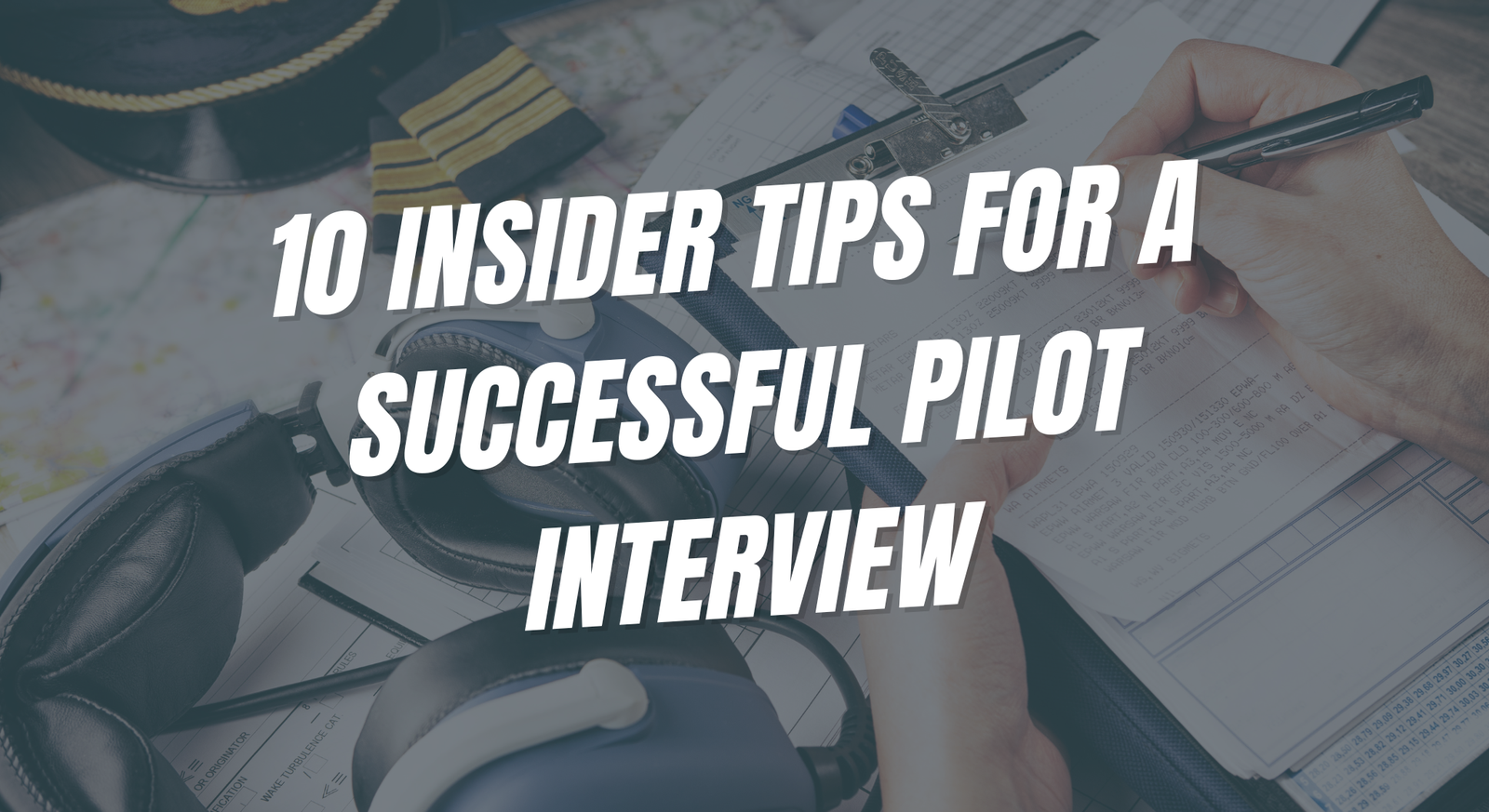Dreaming of wearing the captain’s stripes and sitting in the cockpit of a commercial aircraft? Becoming a professional pilot is not just about flying—it’s also about proving you have the knowledge, discipline, and personality to represent an airline. One of the biggest hurdles every aspiring pilot faces is the pilot interview. This process can be intimidating, but with the right preparation, you can confidently stand out from other candidates.
Pilot interviews are designed to test more than your technical skills. They measure your decision-making, communication, leadership qualities, and ability to stay calm under pressure. Many talented pilots fall short in interviews because they underestimate the importance of preparation. That’s why knowing the insider strategies can make all the difference.
At Top Crew Aviation Institute, students are guided not just through flight training but also through career preparation, including interview techniques, aptitude tests, and simulator checks. With expert mentorship and real-world exposure, Top Crew Aviation ensures its students walk into interviews ready to impress.
In this blog, we’ll share 10 insider tips for a successful pilot interview. Whether you’re applying to a domestic airline or aiming for international carriers, these tips will give you the clarity and confidence you need.
1. Research the Airline Thoroughly
Interviewers want to see how passionate you are about their airline. Don’t walk in unprepared.
- Learn about their fleet type, major routes, hubs, and alliances.
- Understand their company culture and values.
- Be aware of recent news, awards, or challenges they are facing.
Example: If interviewing for IndiGo, know their Airbus A320 family fleet, low-cost model, and rapid expansion plans.
Pro Tip: Top Crew Aviation trains students to study airline profiles and align their answers to company expectations.
2. Master Your Technical Knowledge
Your flying ability is critical, but so is your ability to explain technical concepts clearly.
- Revise aircraft systems, aerodynamics, navigation, and meteorology.
- Brush up on DGCA regulations and international aviation standards.
- Be prepared for scenario-based technical questions, like handling an engine failure or interpreting a complex METAR.
Checklist before the interview:
Flight performance charts
Fuel calculations
ATC procedures
Emergency protocols
Why it matters: Confidence in technical answers shows that you can handle real-world challenges with precision.
Read Also – What are the Different Types of Aircrafts?
3. Prepare for HR and Behavioral Questions
Many candidates underestimate the HR round, but airlines value soft skills as much as flying skills.
- Use the STAR method (Situation, Task, Action, Result) to answer questions.
- Practice explaining your teamwork, leadership, and conflict-resolution experiences.
- Expect questions like:
- “Tell us about a time you handled stress in the cockpit.”
- “How do you manage conflicts with crew members?”
Tip from Top Crew Aviation: Mock interviews with aviation experts help students frame answers that are structured and impactful.
4. Sharpen Your Communication Skills
Clear communication is non-negotiable for pilots. Your interview is the perfect place to showcase it.
- Speak slowly, clearly, and confidently.
- Avoid filler words like uhm, you know, basically.
- Listen carefully before answering.
Remember, pilots must communicate with ATC, crew, and passengers effectively. The way you speak in the interview reflects your cockpit communication skills.
5. Project Professional Body Language
First impressions matter, and your body language speaks before your words do.
- Maintain good eye contact.
- Sit upright with a confident but approachable posture.
- Offer a firm handshake.
- Avoid crossing arms or slouching.
Example: If asked a tough technical question, don’t panic. Maintain composure, think it through, and explain calmly. That confidence itself is a plus point.
6. Practice Simulator & Aptitude Tests
Most airlines include simulator checks and psychometric tests as part of the selection process.
- Stay calm during emergency simulations like engine failures or weather diversions.
- Practice multi-tasking under pressure.
- Revise mental math for quick calculations.
Top Crew Aviation Advantage: Students undergo simulator mock sessions to build confidence in handling surprise scenarios.
7. Dress for Success
Your appearance reflects professionalism. Pilots are expected to maintain a high standard of grooming.
- Wear a well-fitted formal suit (preferably navy or black).
- Keep grooming neat—polished shoes, trimmed hair, and no flashy accessories.
- Carry documents in a professional folder.
Golden Rule: Dress like a pilot even before you become one. Airlines want to see you fit into their professional culture.
8. Showcase Decision-Making Skills
Airlines value pilots who can think logically under pressure.
- Be prepared for situational questions like:
- “If fuel is running low and weather worsens, what will you do?”
- Demonstrate calm thinking, safety-first attitude, and clear judgment.
- Use structured reasoning in your answers instead of guessing.
Remember, good decision-making is the hallmark of a safe pilot.
9. Be Honest and Authentic
Interviewers can easily spot rehearsed or fake answers. Authenticity wins trust.
- If you don’t know an answer, admit it gracefully instead of bluffing.
- Share real experiences from training or flying, even if they involve mistakes—focus on what you learned.
- Show humility and eagerness to grow.
Pro Tip: Airlines prefer a teachable candidate over a “know-it-all.”
10. Prepare Questions for the Interviewers
At the end of the interview, you’ll often be asked, “Do you have any questions for us?” Use this as an opportunity to show genuine interest.
Good questions to ask:
- “What qualities does your airline value most in a pilot?”
- “What are the future growth opportunities for first officers here?”
- “How does the airline support continuous training and upskilling?”
Avoid asking about salary or leave in the first interview.
Final Thoughts
Cracking a pilot interview requires a mix of technical expertise, professional attitude, and strong communication. Every answer, gesture, and decision you make in that room paints a picture of the pilot you will be in the cockpit.
At Top Crew Aviation Institute, students receive not only world-class pilot training but also career readiness programs that include mock interviews, simulator preparation, and grooming workshops. With their guidance, many aspiring pilots have successfully secured placements with leading airlines.
If you dream of flying for a major airline, start preparing early, focus on these 10 insider tips, and walk into your interview with confidence. The skies are waiting for you.


